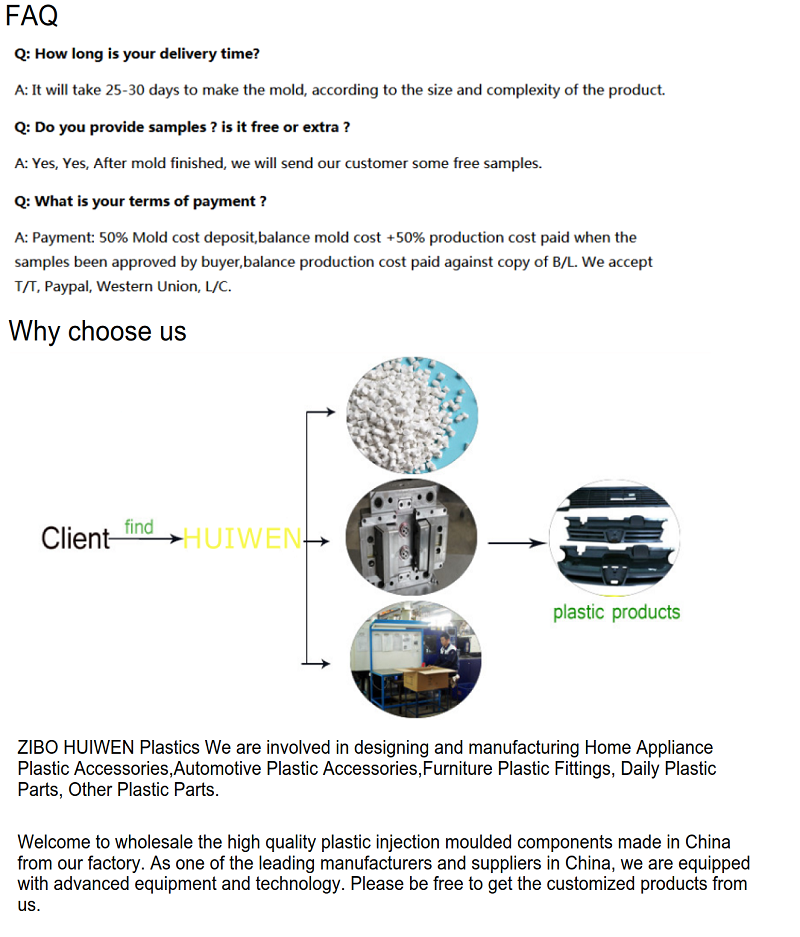
Privacy statement: Your privacy is very important to Us. Our company promises not to disclose your personal information to any external company with out your explicit permission.
Select Language



Enhanced Ergonomics: Create soft, comfortable grips on hard handles for tools, medical devices, and consumer products.
Improved Functionality: Integrate seals, gaskets, and dampers directly onto a rigid part, eliminating assembly steps.
Increased Durability: Add a protective, non-slip, or impact-absorbing layer to extend product life.
Aesthetic Appeal: Combine colors and textures to create visually distinct and brand-enhancing products.

Consumer Electronics: Protective cases, button pads, and comfortable grips.
Medical Devices: Soft-touch surfaces, seals, and ergonomic housings.
Automotive: Sealed switches, vibration-dampening pads, and interior trim.
Industrial Tools: Non-slip, comfortable handles for power and hand tools.







Privacy statement: Your privacy is very important to Us. Our company promises not to disclose your personal information to any external company with out your explicit permission.

Fill in more information so that we can get in touch with you faster
Privacy statement: Your privacy is very important to Us. Our company promises not to disclose your personal information to any external company with out your explicit permission.